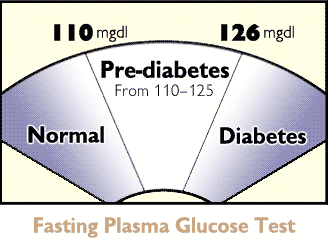
Based on findings of scientist and researcher from Canada, Blueberry, with an extra bacteria inside the skin of the fruit would probably help people with obesity and diabetes. The reason is, Blueberry, especially if made to be a juice, has an extract which experienced biotransformation with bacteria from the skin of fruit to reduce hyperglycemia (the abnormally high concentration of glucose in blood) in diabetics when tested in mice.
Furthermore, this juice also proven can protect the research mice from diabetes mellitus due to the emergence of obesity. The research was published in the International Journal of Obesity. Senior researcher, Pierre S. Haddad, a pharmacology professor at the Université de Montréal's Faculty of Medicine says, "The results of this study clearly shows that biotransformed Blueberry Juice has strong anti-obesity and anti-diabetic potential."
Still according to Pierre S. Haddad, "Biotransformed Blueberry Juice may represent a novel therapeutic agent, since it decreases hyperglycemia in diabetic mice and can protect young pre-diabetic mice from developing obesity and diabetes."
Biotransformation of the blueberry juice was achieved with a new strain of bacteria isolated from the blueberry flora, specifically called Serratia vaccinii, which increases the fruit's antioxidant effects. "The identification of the active compounds in biotransformed blueberry juice may result in the discovery of promising new antiobesity and antidiabetic molecules," says Dr. Haddad.
"These mice were an excellent model that closely resembles obesity and obesity-linked type 2 diabetes in humans," says Dr. Haddad, who is also director of the CIHR Team in Aboriginal Anti-Diabetic Medicines at the Université de Montréal.
Tri Vuong, lead author and recent PhD graduate from the Université de Montréal's Department of Pharmacology says: As for the impact of blueberry products on diabetes, "Consumption of fermented blueberry juice gradually and significantly reduced high blood glucose levels in diabetic mice. After three days, our mice subjects reduced their glycemia levels by 35 percent."
The research has conducted by researchers from the Université de Montréal, the Institut Armand-Frappier and the Université de Moncton, and was funded by the Canadian Institutes of Health Research, the Atlantic Canada Opportunities Agency and the Fonds de recherche sur la nature et les technologies.





 Older Post
Older Post






